Home appliances play a crucial role in making our lives more convenient. Before reaching out to a commercial gas oven repair company, it’s worth considering some do-it-yourself (DIY) appliance repair techniques. In this comprehensive article, we will provide you with six unique DIY appliance repair tips that can save you both time and money.
Identifying Common DIY Problems and Repair Tips
There are several common issues you may encounter, such as a refrigerator not cooling properly, a leaking fridge, or unusual noises coming from it. When your refrigerator fails to cool correctly, dirty condenser coils or a malfunctioning evaporator fan could be the culprits. Cleaning the coils and inspecting the fan can often resolve the problem. Leaks may be caused by a clogged drain. Lastly, strange noises could indicate an issue with the compressor or fan motors.
Dishwashers are another essential kitchen appliance that may present problems. If your dishwasher isn’t cleaning dishes effectively, clogged spray arms, a faulty water inlet valve, or an issue with the detergent dispenser could be to blame. Cleaning the spray arms, checking the water inlet valve, and ensuring the detergent dispenser functions correctly can help address these issues.
Ovens and stovetops also encounter their fair share of problems. Replacing the heating element or temperature sensor can often solve the issue. If your stovetop burners fail to ignite or produce enough heat, clogged burner ports or a defective ignition switch may be the cause. Cleaning the burner ports and inspecting the ignition switch can assist in resolving these issues.
Garbage disposals are incredibly useful in the kitchen but can also encounter problems. A jammed or non-functioning garbage disposal may be caused by foreign objects stuck in the grinding chamber, a blown fuse, or damaged electrical connections. Using a wrench to manually turn the disposal, resetting the fuse, or checking the electrical connections can fix these problems.
Microwaves are a kitchen staple, but some issues may require professional assistance. In such cases, it is advisable to call a commercial oven repair service in Northern VA.
Understanding the Basics of Your Appliances
The first step in DIY appliance repair is gaining an understanding of the basic functions of your appliances. This knowledge will help you diagnose the problem and determine whether it’s something you can handle yourself. To familiarize yourself with your appliances, consult the user manual or search for online resources that explain how they work. Each appliance has its basic functions, such as:
- Washing machines: They use water, detergent, and agitation to clean clothes.
- Dryers: They use heat and tumbling to remove moisture from clothes.
- Refrigerators: They use a cooling system to maintain a consistent temperature and prevent spoilage.
- Dishwashers: They use water, detergent, and heat to clean and sanitize dishes.
- Ovens: They use heat to cook food.
Investing in the Right Tools
A well-equipped toolbox is essential for any DIY appliance repair project. Having the appropriate tools on hand will make your repair work easier and more efficient. Some essential tools you may need include:
- Screwdrivers: A set of both flat-head and Phillips-head screwdrivers in various sizes.
- Wrenches: Adjustable wrenches and a set of socket wrenches with different sizes.
- Pliers: Needle-nose pliers and regular pliers.
- Multimeter: A digital multimeter for testing electrical components.
- Nut drivers: A set of nut drivers for removing and tightening nuts.
- Flashlight: A reliable flashlight for illuminating dark areas of your appliance.
Diagnosing the Problem
Once you understand the basics of your appliance and have the right tools, you can proceed to diagnose the problem. Start by inspecting the appliance for any visible signs of damage or wear, such as broken or loose parts, leaks, or unusual noises. If no obvious issues are apparent, consult the user manual for troubleshooting tips. Online forums and articles dedicated to common appliance problems can also provide helpful insights into specific appliance models.
When diagnosing the issue, consider the following questions:
- Is the appliance receiving power? Check for blown fuses, tripped circuit breakers, or damaged power cords.
- Are there any error codes or warning lights? These indicators can provide valuable information about the problem.
- Can you hear any unusual noises? Unusual noises might signify a problem with motors, fans, or other moving parts.
- Is the appliance performing its basic functions? If not, there may be a faulty component or a mechanical issue.
Ensuring Safety During Repairs
Before beginning any repairs, make sure to unplug the appliance or turn off the circuit breaker that supplies power to it. If you’re working on a gas appliance, ensure that the gas supply is turned off.
Wearing gloves and other personal protective equipment is essential to protect yourself from sharp edges or electrical components. Always follow the safety guidelines provided in your appliance’s user manual and avoid attempting any repairs that you’re not confident you can safely complete.
Consulting Online Resources and Videos
Search for online resources that offer step-by-step instructions and videos demonstrating the repair process. Platforms like YouTube are excellent sources for instructional videos on appliance repairs. By watching someone else perform the repair, you can gain a better understanding of the process. In addition to videos, numerous forums and websites are dedicated to appliance repair. Some popular online resources include:
- Appliance Repair Forums: Users can post questions and receive answers from experienced professionals and fellow DIYers.
- Repair Clinic: This website offers appliance repair guides, troubleshooting tips, and replacement parts for a wide range of appliances.
- PartSelect: Another site for finding replacement parts, along with helpful repair videos and articles.
Knowing When to Call a Professional
While DIY appliance repair can save you time and money in the case of minor appliance issues. However, when something major occurs with your refrigerator, it’s crucial to recognize that the problem can exceed your skill level. If you’re unsure about a repair or if your attempts have been unsuccessful, it’s best to call commercial refrigerator services Fairfax for further assistance.
Situations that may warrant professional assistance include:
- Repairs involving refrigerant systems, such as refrigerators and air conditioners. Handling refrigerants requires special tools and certification.
- Electrical repairs involving high voltages or complex wiring. These can be dangerous for inexperienced individuals.
- Gas appliance repairs, which can pose a risk of gas leaks or explosions if not handled correctly.
Conclusion
With a bit of knowledge, the right tools, and some patience, many common appliance repairs can be tackled on your own. Understanding the basics of your appliances, investing in the right tools, diagnosing the problem, ensuring safety during repairs, consulting online resources, and knowing when to call a commercial appliances repair Northern VA company in Fairfax are all essential steps for successful DIY appliance repair. By following these tips, you can save time and money while keeping your home appliances in top working condition.

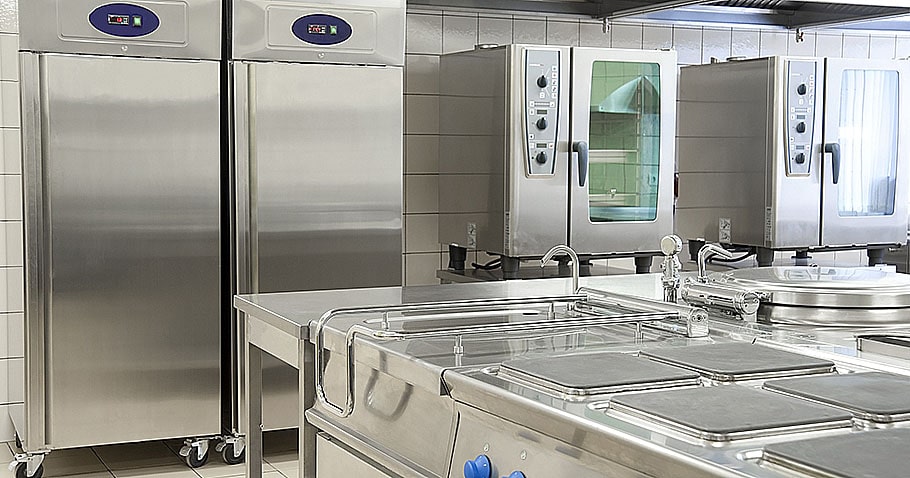
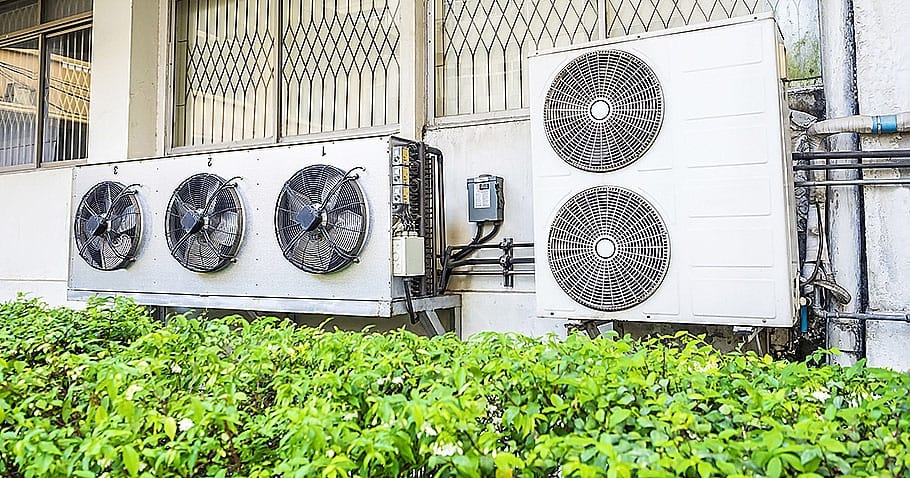
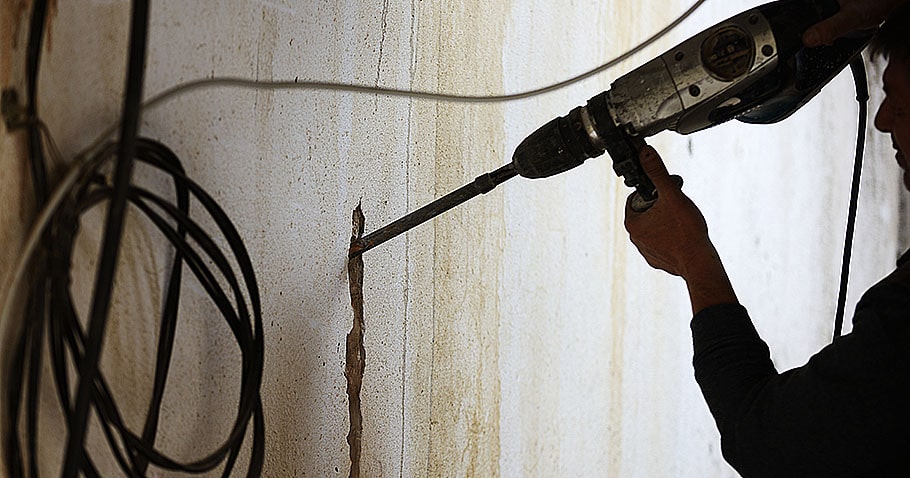
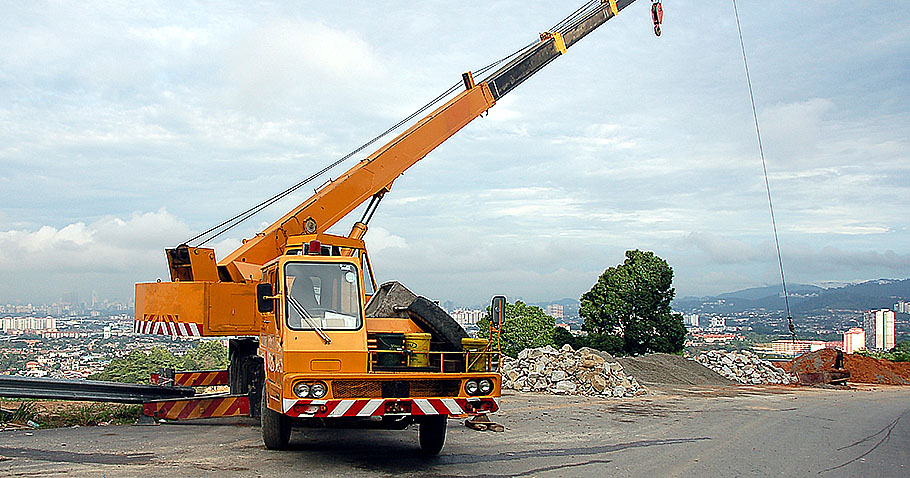
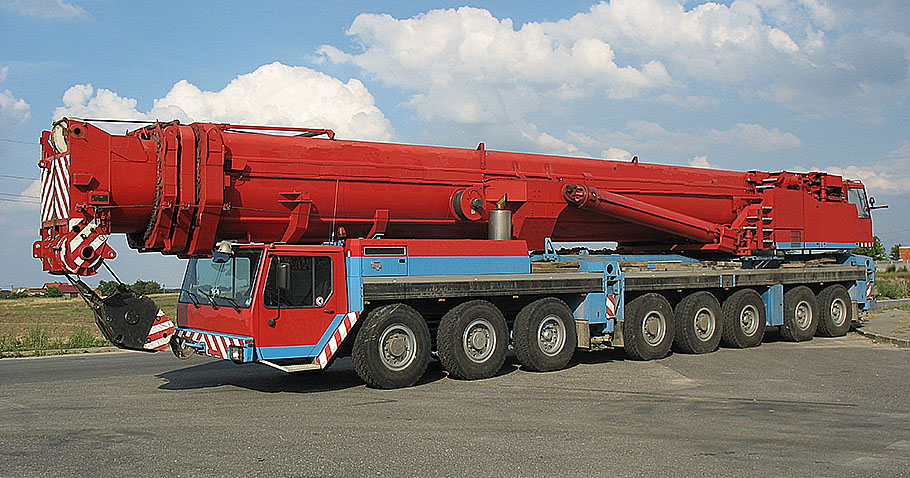
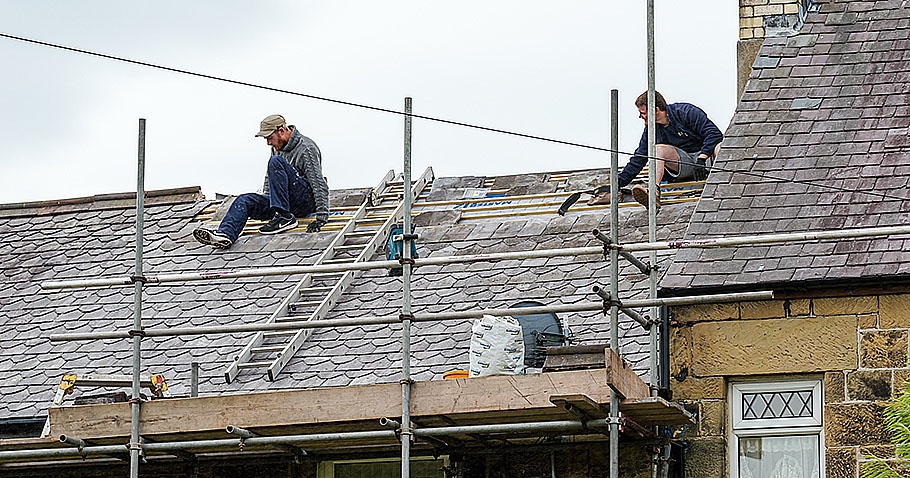

Comments